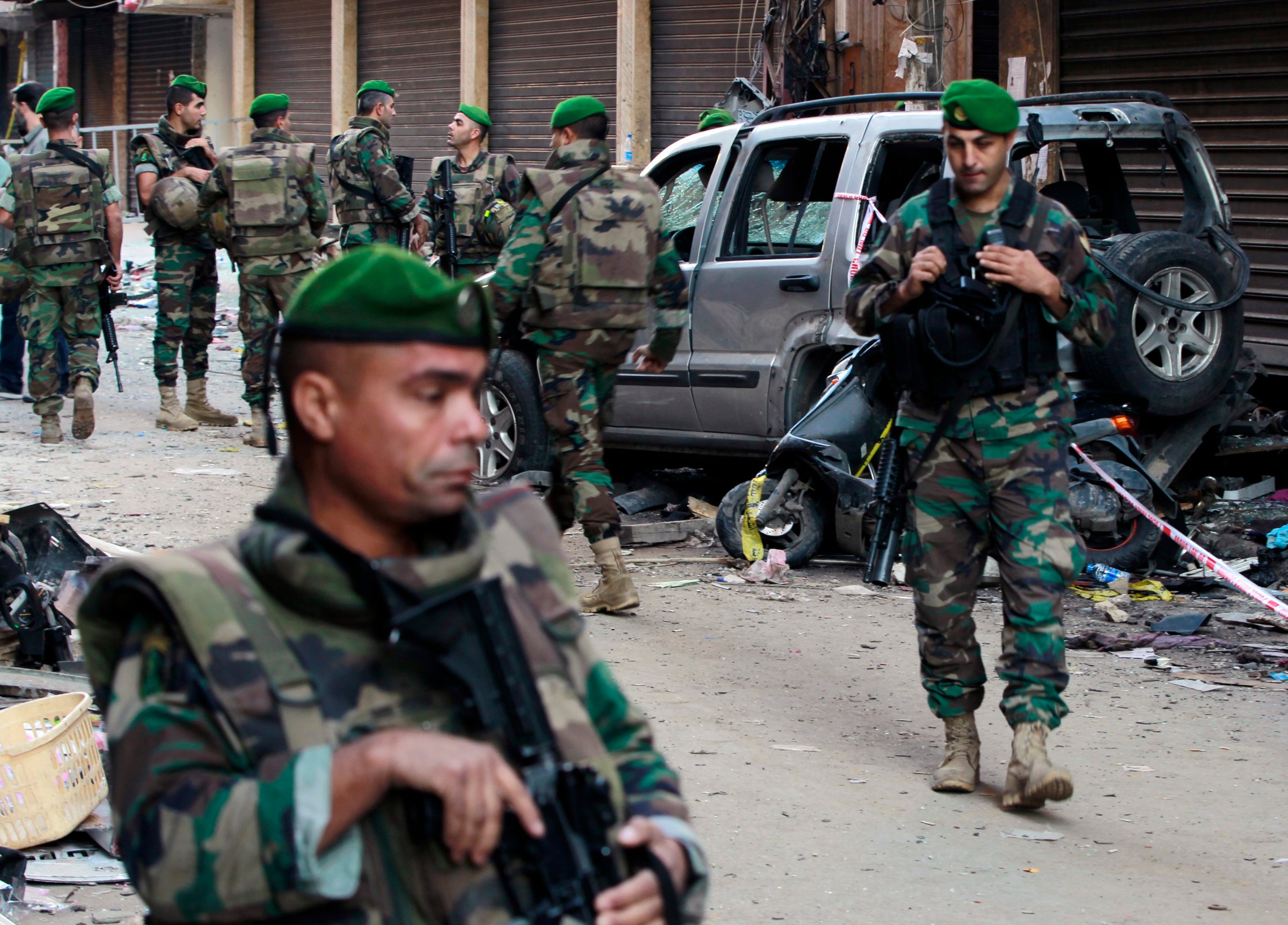
Baker was the senior international climate and environment correspondent at TIME. She covers the human impacts of climate change, as well as food security, oceans, climate migration, and extreme heat.
She lives in Rome and has reported from more than 50 countries, as TIME’s Africa bureau chief based in Cape Town, the Middle East bureau chief based in Beirut, Afghanistan and Pakistan bureau chief based in Kabul, and as Asia correspondent based in Hong Kong. She has won multiple awards for her writing, reporting, and documentary film work.
I’m not much of a mathematician, but back when I was a correspondent in Pakistan and Afghanistan in the middle 2000s, I tried to make sense of the barrage of terror attacks by developing my own little algorithm. I called it Taliban math. The first suicide bombing—in a market, in a capital city, in a school—was international news. In order for the next bombing to make a story, the number of dead had to be exponentially higher. I tried to pin down a ratio: how many Pakistani or Afghan dead would it take to generate the same newsworthiness as the death of an American? At what point during the arc of covering a war waged by terror attacks do we stop giving the names and details that make the dead one of “us,” and start assigning simple death counts that makes the dead one of “them?”
I thought about that this week as terror attacks unfurled in both Beirut, where I was based from 2010 to 2014, and Paris, where I lived in the late 1990s. The Beirut bombings, on Nov. 12, killed 43. A pair of motorcycle-mounted suicide bombers left a further 200 injured. It was a news item, to be sure, and the worst bombing since Beirut’s civil war ended in 1990, but one largely reduced to geopolitics: The attack was claimed by ISIS, or the Islamic State, and it took place in a neighborhood that was a stronghold for Hizballah, which is fighting in Syria on behalf of President Bashar Assad, with backing from Iran. International coverage didn’t dwell on the fallout or the families left behind, an omission that makes it seem almost inevitable that it will happen again.
Which brings us to the traumatic events in Paris on Friday night. Already the victims are being named, their brief biographies sketched out in a way that makes this attack much more personal. The venues are familiar, not just to me, but to thousands of tourists with happy holiday memories of those streets and bars and clubs, and millions more around the world who know Paris as the City of Love. Beirut is a cosmopolitan city of culture, but not long after I arrived, I installed safety film on all my windows, to keep shards of glass from raining down on me in the event of a bomb attack.
Much has been made of the disparity of coverage between two attacks, one day apart, and claimed by the same terror group. I don’t know what algorithm Facebook uses to activate its Safety Check feature, which allows users to mark themselves and others as safe in the wake of tragedies, and why Beirut didn’t trigger it. (Facebook CEO Mark Zuckerberg said that SafetyCheck had only been activated in the past after natural disasters, but that going forward it will be activated “for more human disasters going forward as well.”) The Twittersphere has lobbed, justifiably in some cases, accusations of Western bias, or worse, racism. “Dear Facebook,” @ktbradford tweeted. “Nice French flag overlay. But how do I change my profile picture to show solidarity with the people of Beirut?”
Whatever the reasons—and there are many—for the disparity of global reaction, the message that emerges from these twinned events is that some lives matter more than others. ISIS is not just a French problem, or, if the ISIS claims to have downed the Russian airliner in Egypt are verified, a Russian problem. It is not just a Lebanese problem. Until there is some recognition that an ISIS attack on one country is an attack on all, ISIS will be everybody’s problem—a problem that won’t be solved.
Witness Paris Mourn the Day After Deadly Attacks
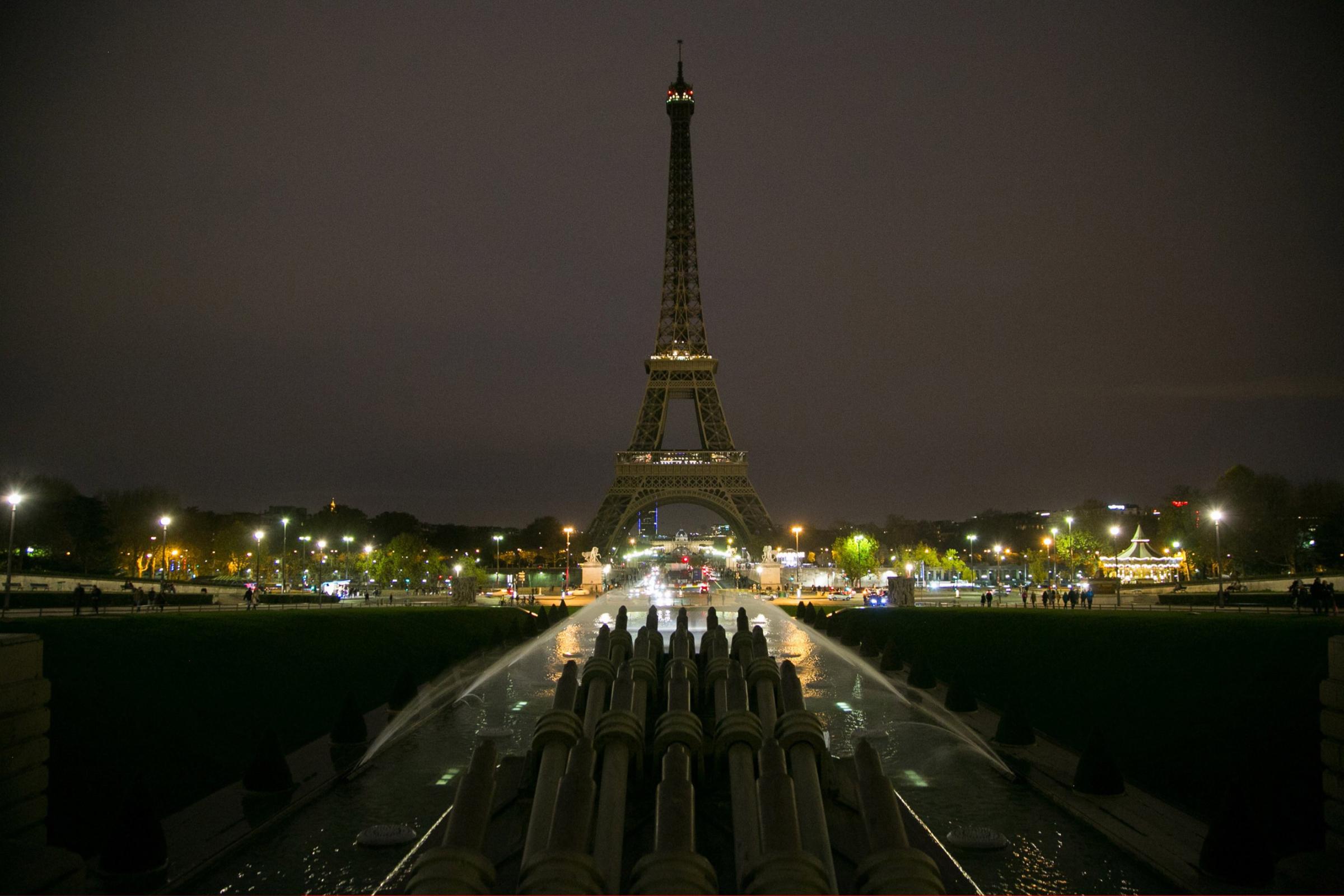
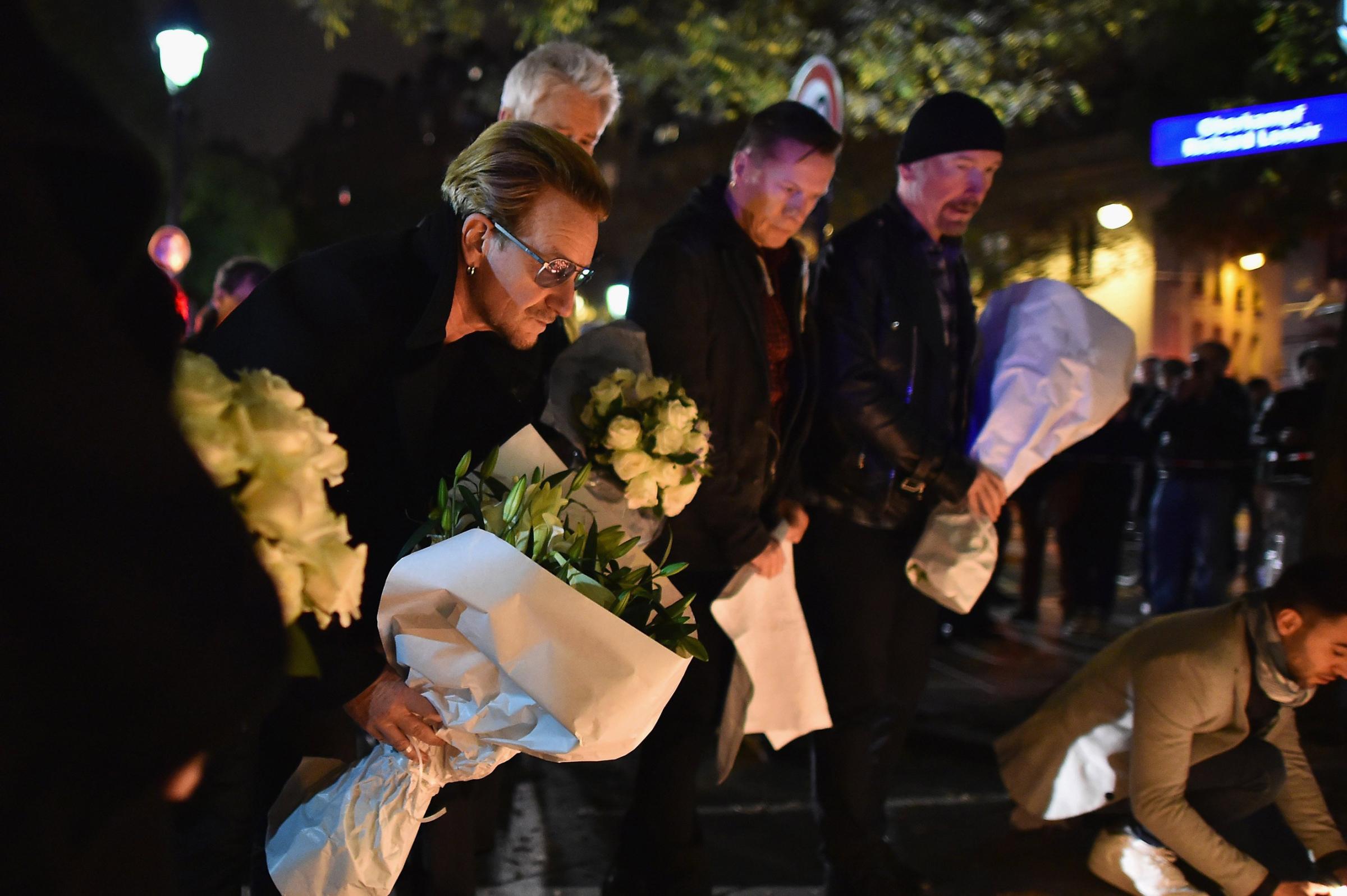
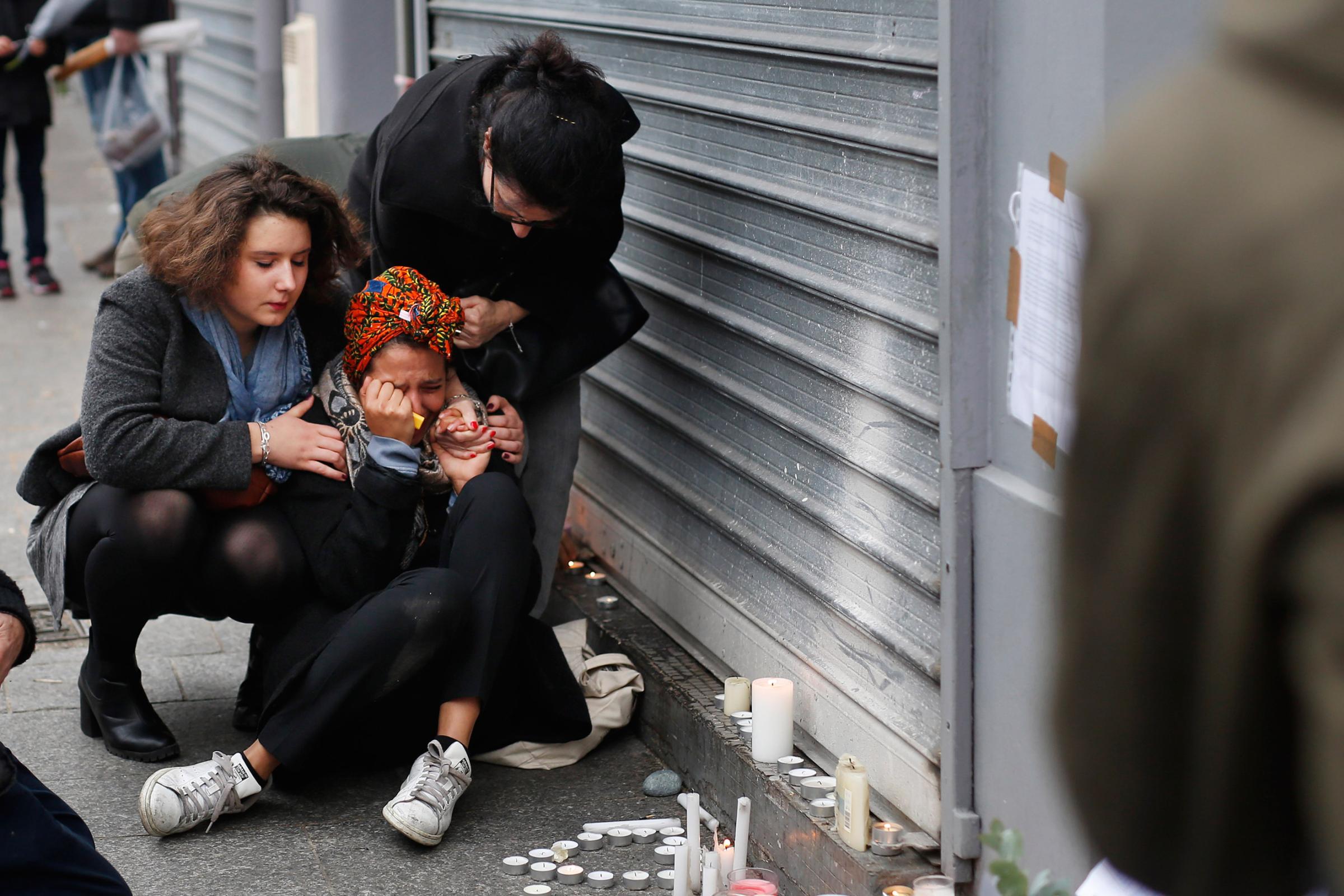
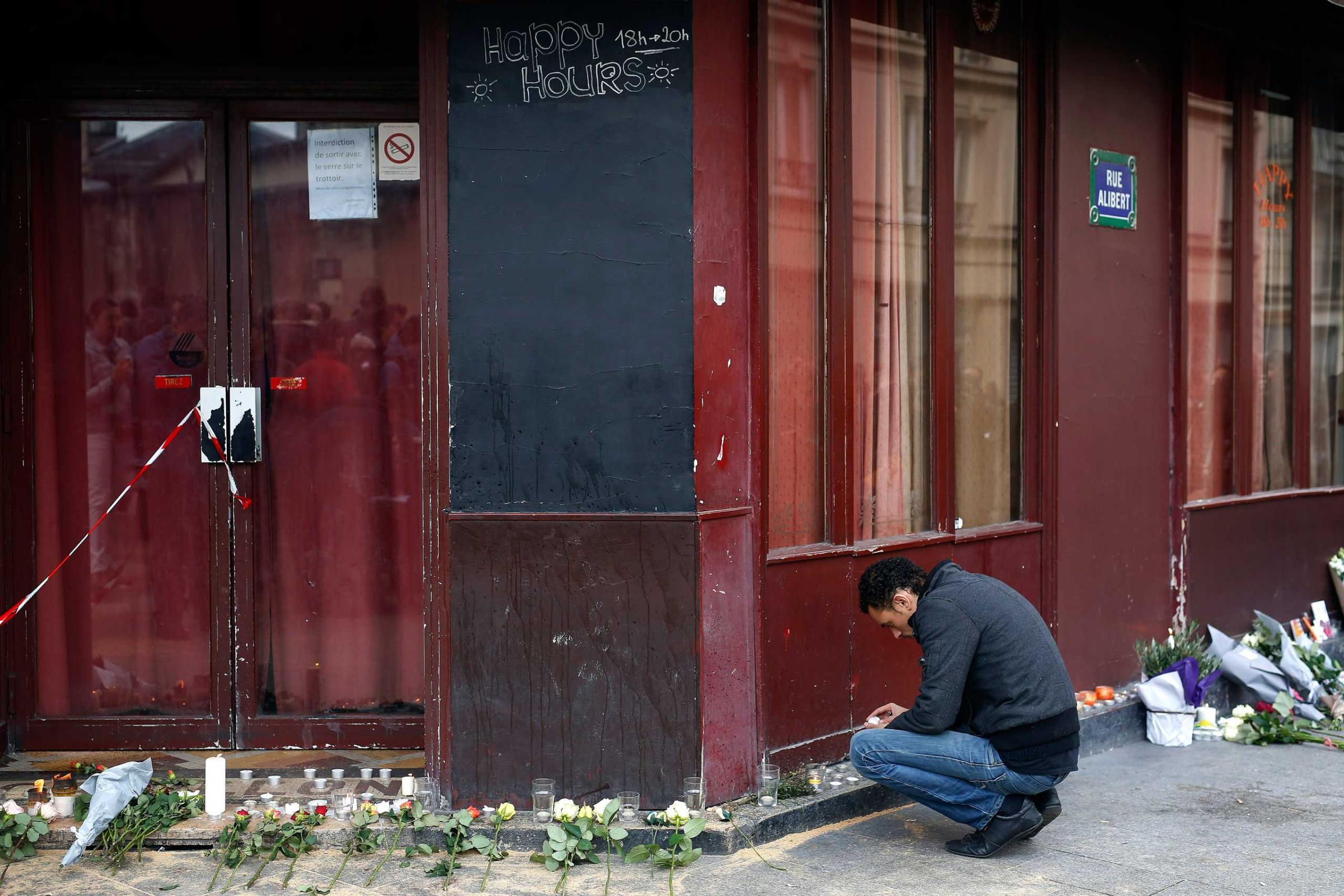
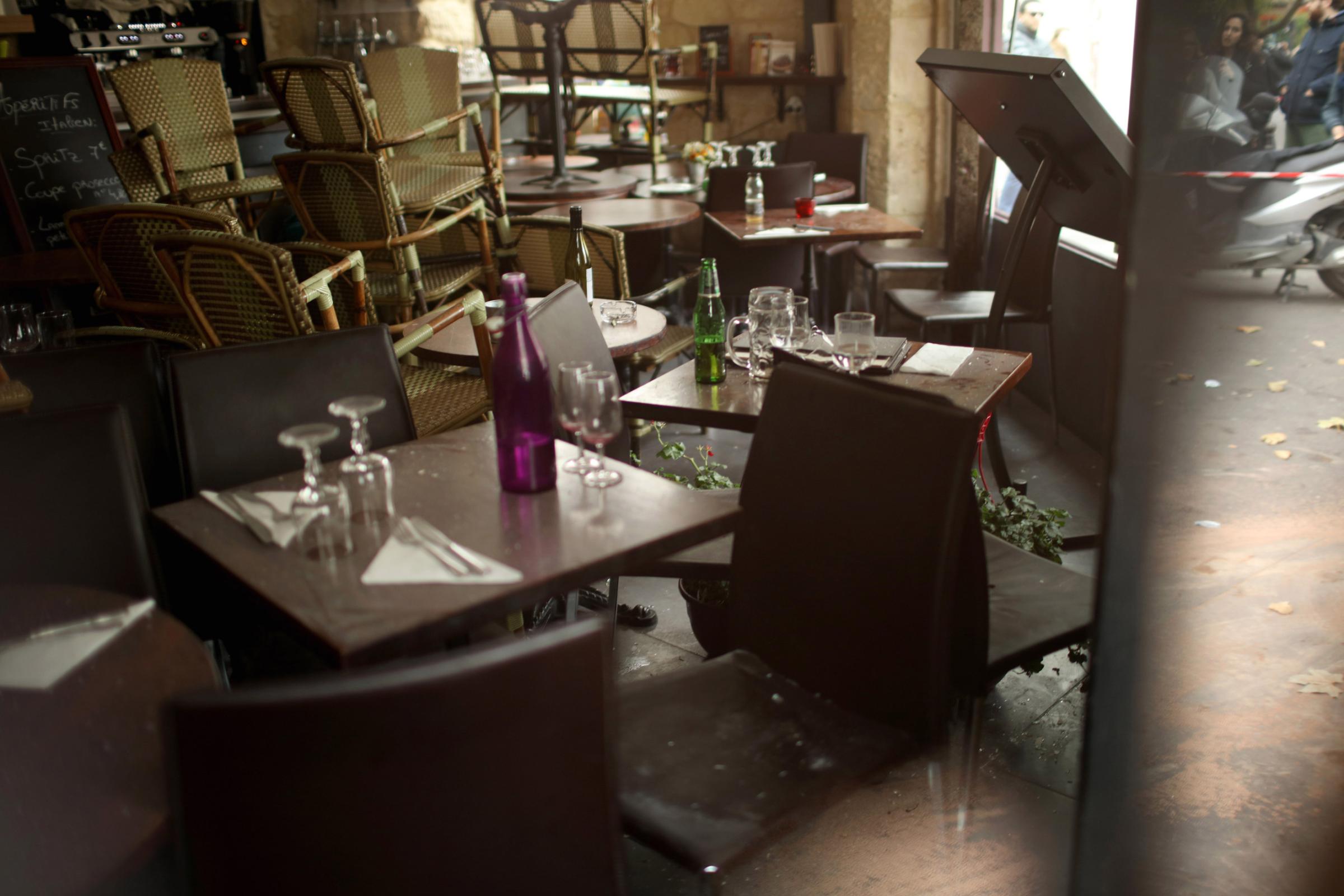
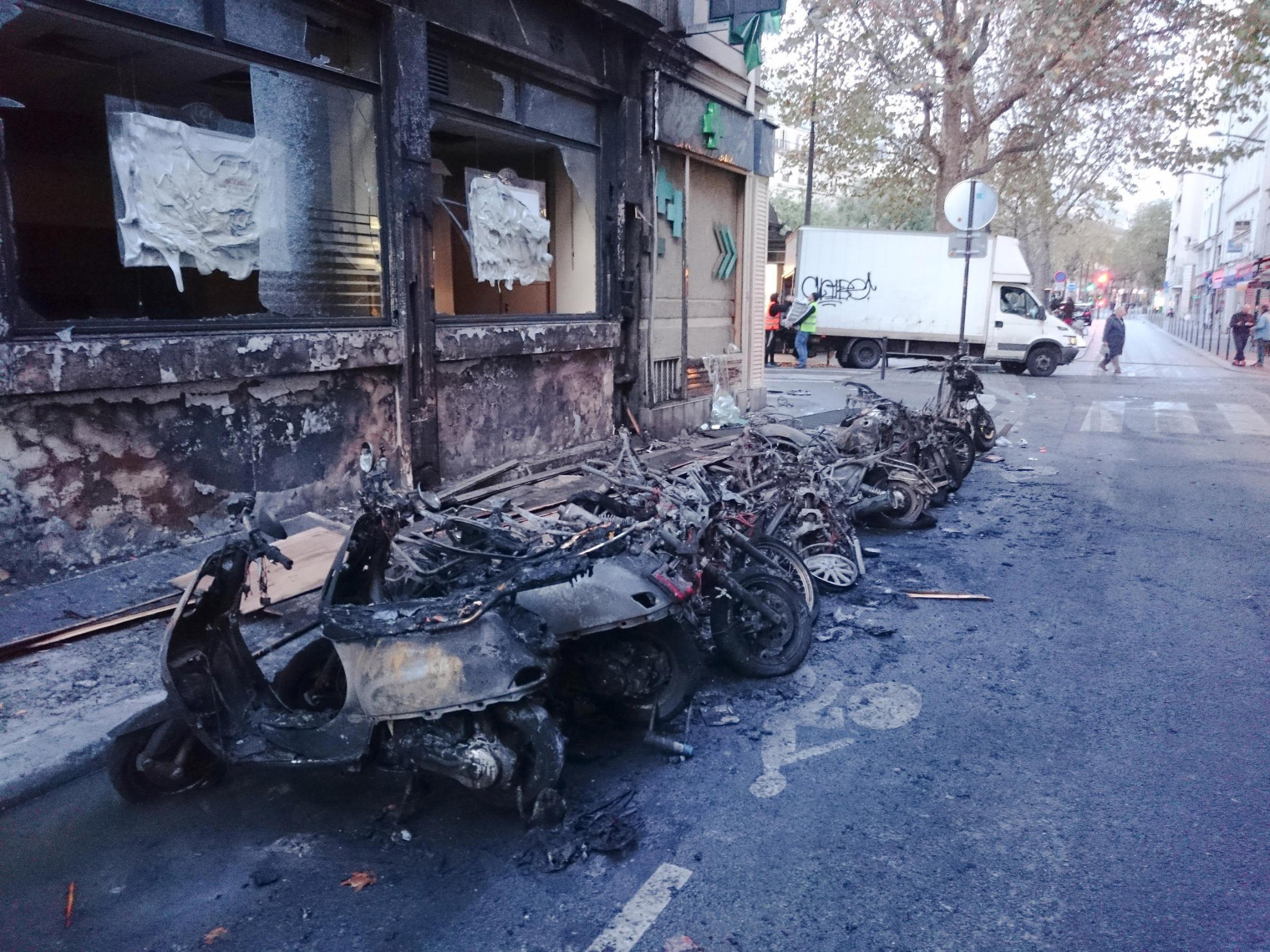
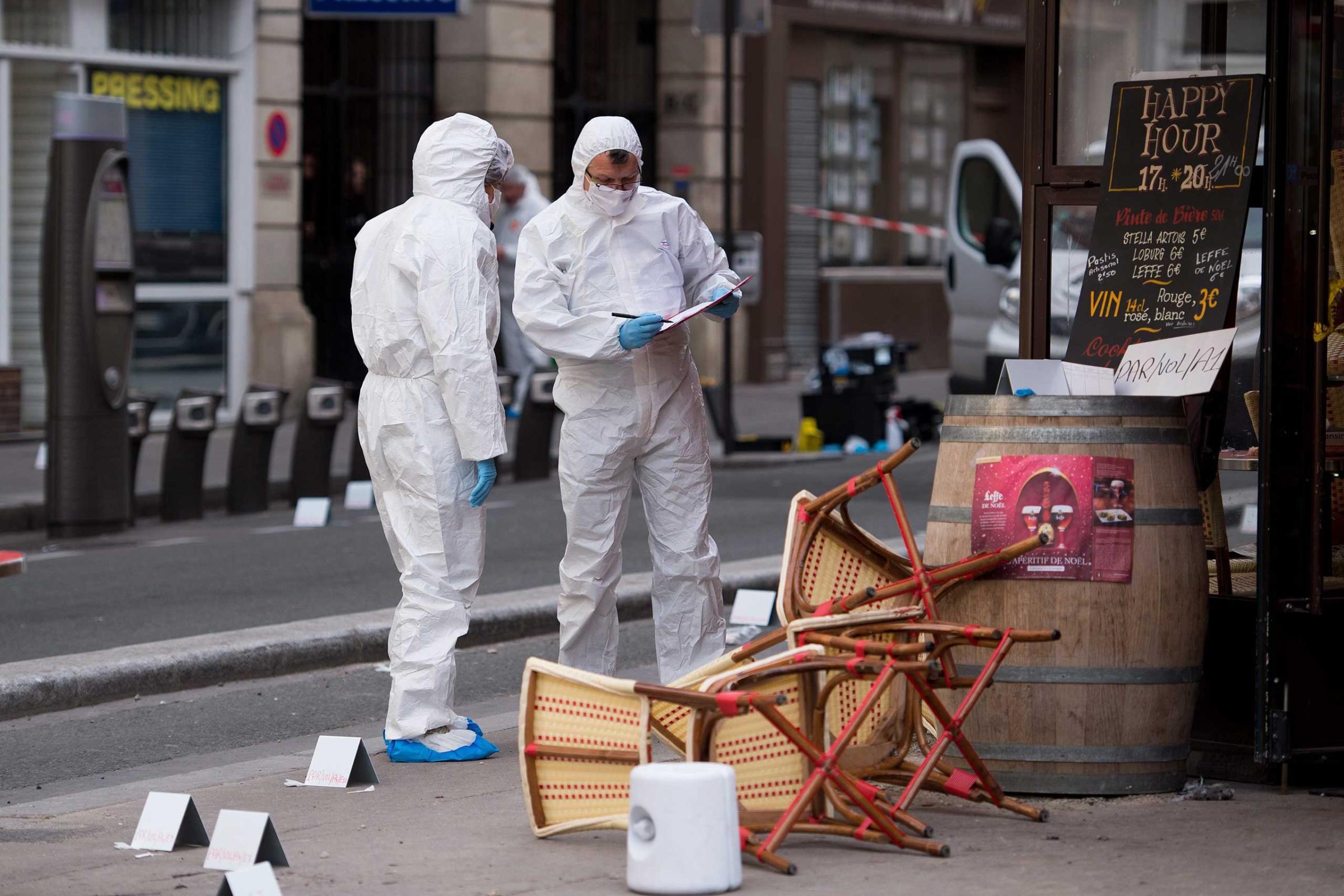
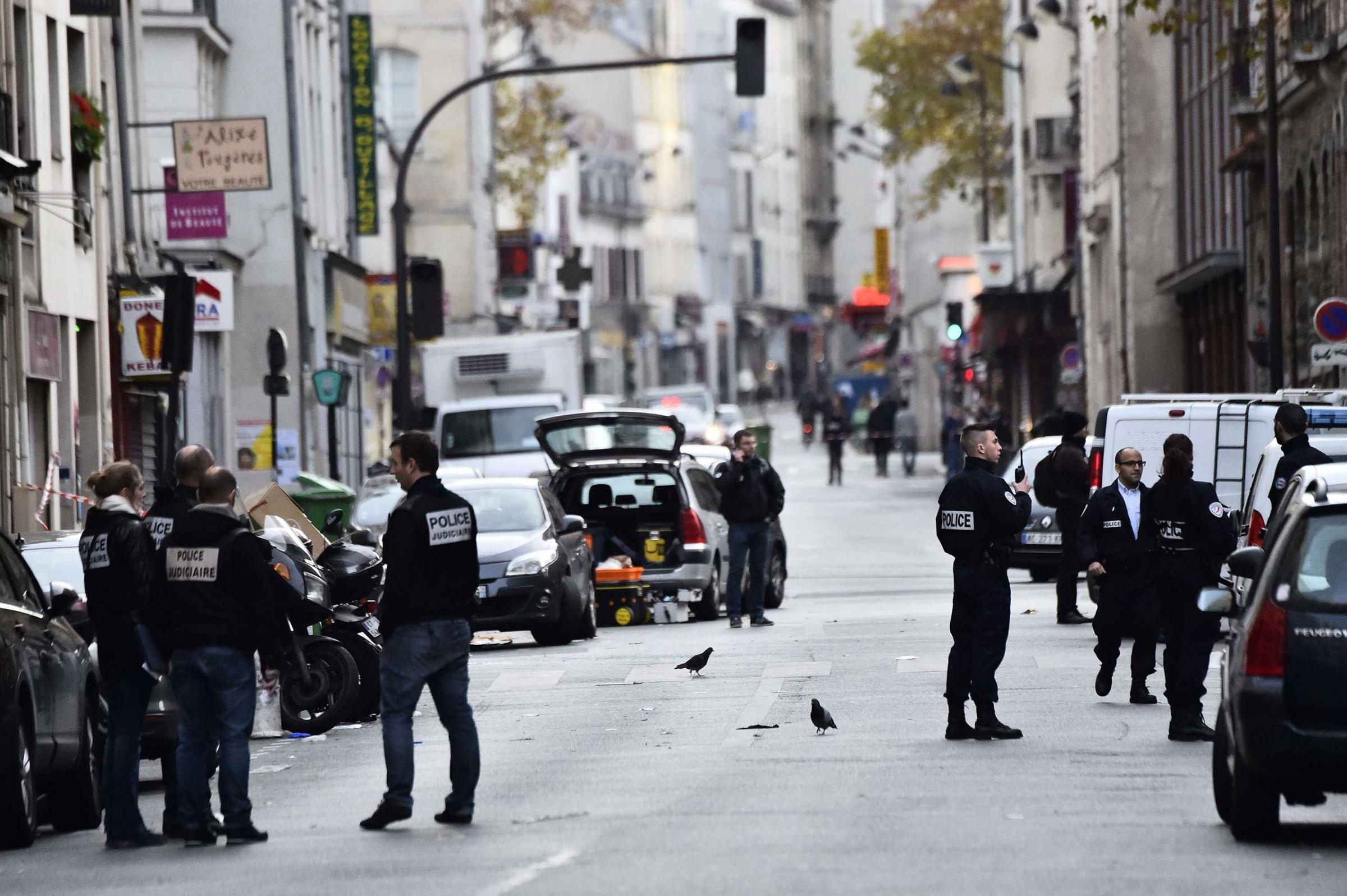
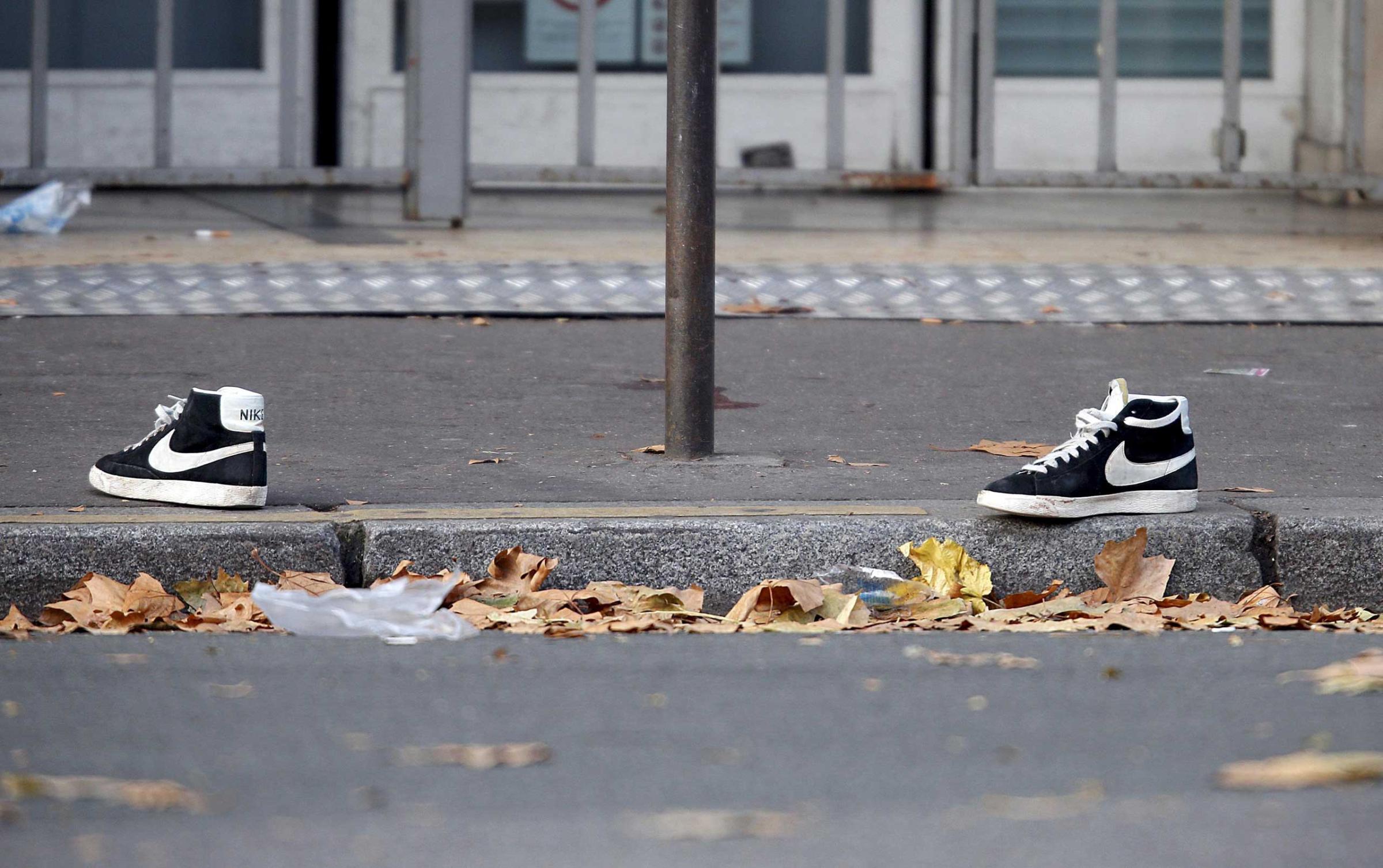
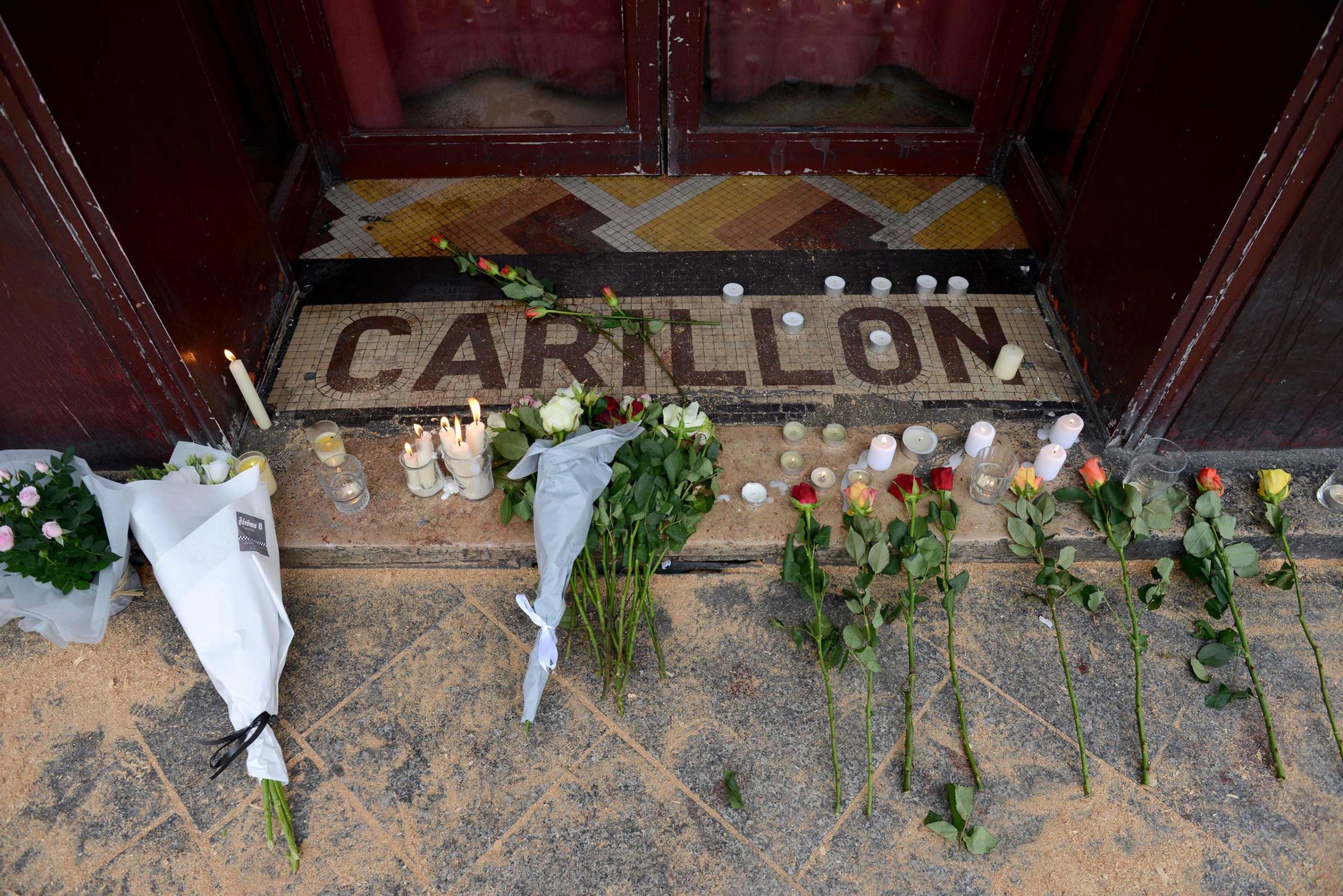
More Must-Reads from TIME
- Cybersecurity Experts Are Sounding the Alarm on DOGE
- Meet the 2025 Women of the Year
- The Harsh Truth About Disability Inclusion
- Why Do More Young Adults Have Cancer?
- Colman Domingo Leads With Radical Love
- How to Get Better at Doing Things Alone
- Michelle Zauner Stares Down the Darkness
Contact us at letters@time.com